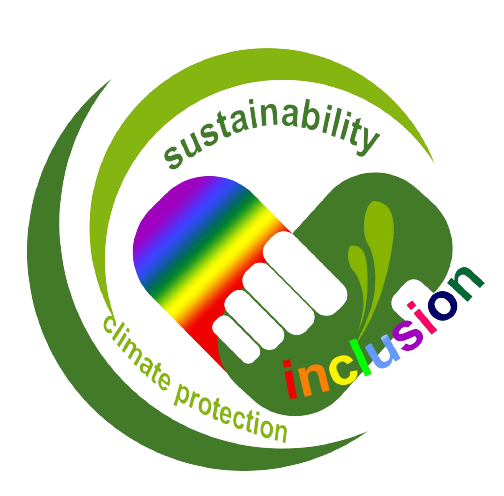Erasmus+ Jobshadowing: inclusive education
Report by Joyce van Putten and Daphne Trost
Period: 11-05-2025 t/m 17-05-2025
School: Mittelschule Leopoldau, Wenen, Oostenrijk

In the period from 12 to 16 May we were allowed to visit the Vienna Mittelschule Leopoldau with the Erasmus+ project. Our research question was about inclusive education and citizenship.

When we arrived at the school on Monday, we were warmly welcomed by the coordinator of the project and the director of the school. We were given a tour of the large school. No fewer than 400 children are taught in one of the 17 groups. The school teaches children in the age group 10-16 years. In enthusiastic learning teams, the children are taught by subject specialists, teachers and special needs teachers. The team consists of more than 45 teachers. There are 4 groups in each year. Each A-group (1A, 2A, 3A, 4A) has a number of pupils with special educational needs. This can be in several areas, such as: ADHD, ASD, physical disability, learning difficulties, etc. There is an extra teacher and a private classroom available for these students, where they can get help. The help consists of: a clear and structured approach in which the children review the lesson material, guided practice, practice for the test, help with collecting and structuring information, and reviewing the work done. The children sit in small groups (3-6 children) during German, English and math lessons. They participate in all other lessons with the rest of the group. All this is done in a positive and child-oriented way. There are many materials available and the school lends itself well to this extra guidance due to its spacious layout.

What positively surprised us is that the teachers work in teams and guide their group for 4 years. This allows them to invest in a good relationship with the children and grow with the group.
The working method of this school is an exceptional way of teaching, which is not self-evident at every school in Austria.
The school is characterized by the diversity of its students. More than 80% of the students have a background other than Austrian. For example, many students come from the Balkan region, Arabic countries and even from India and Vietnam. For these children, there are extra lessons in small subgroups in which extra attention is paid to the German language.
When the students leave school, they have completed a total of 9 years of education. This consists of kindergarten (4-5 years old), primary school (6-10 years old), Mittelschule (10-1/16 years old). Students who have not yet completed 9 years of education can attend FMS (Fachmittelschule) at this school. After this school, students go to work or can go to gymnasium.


